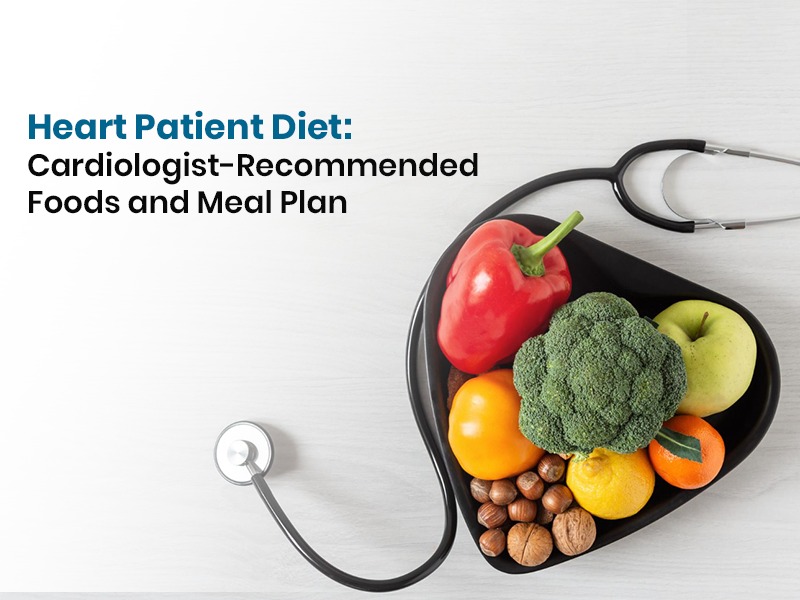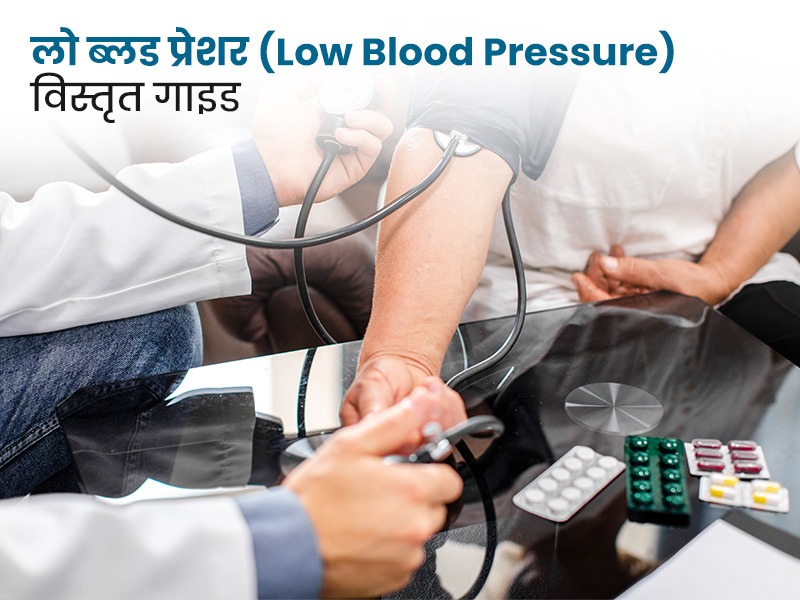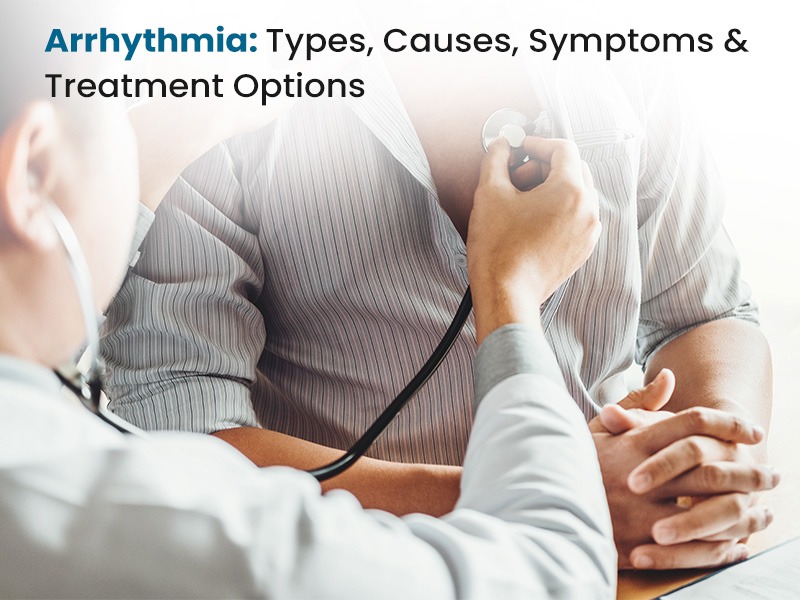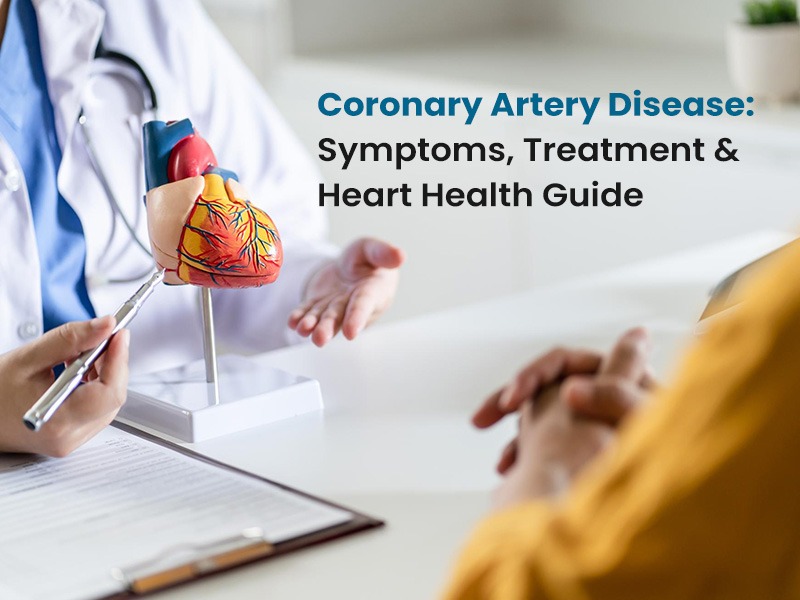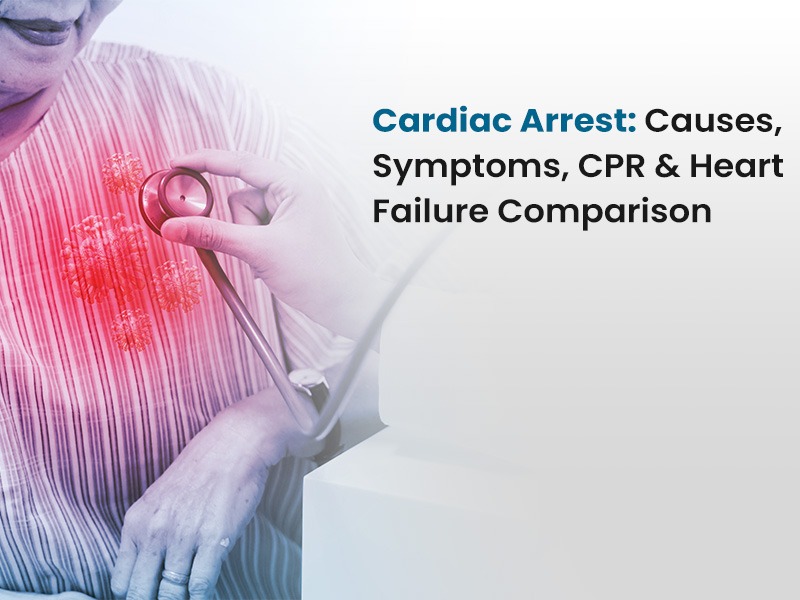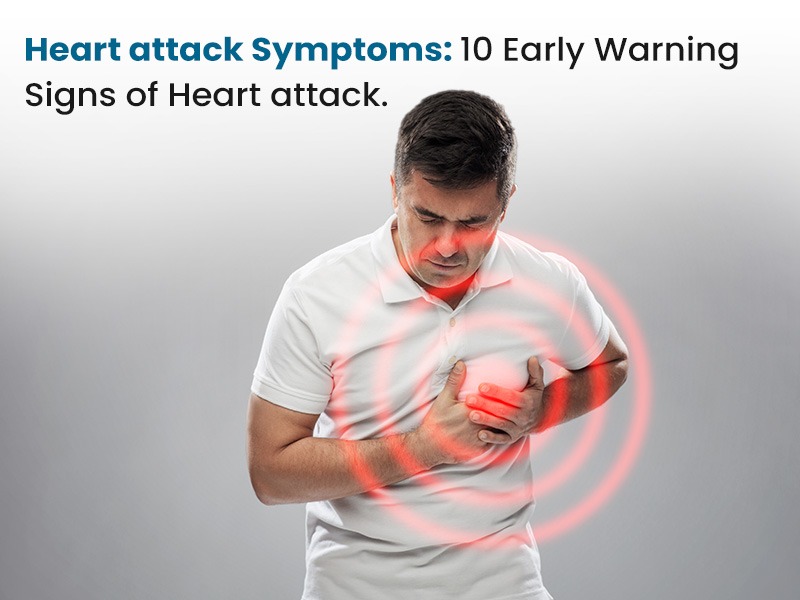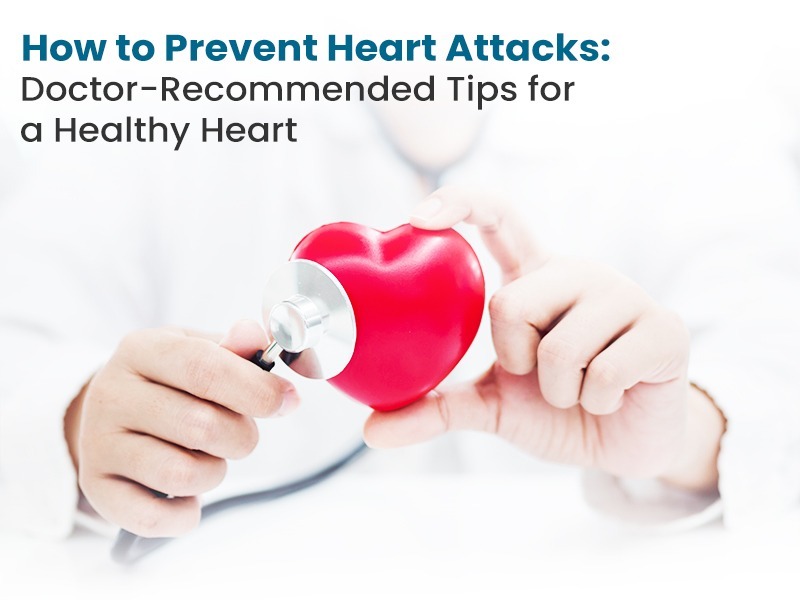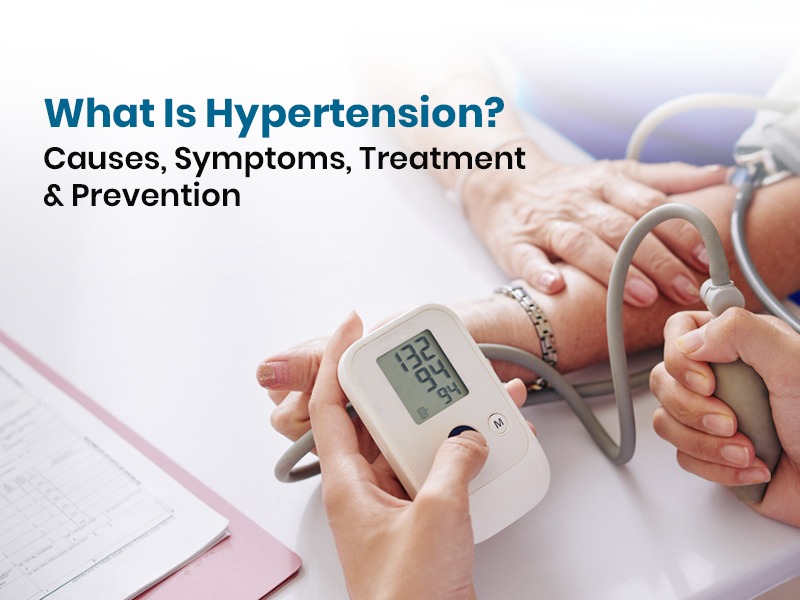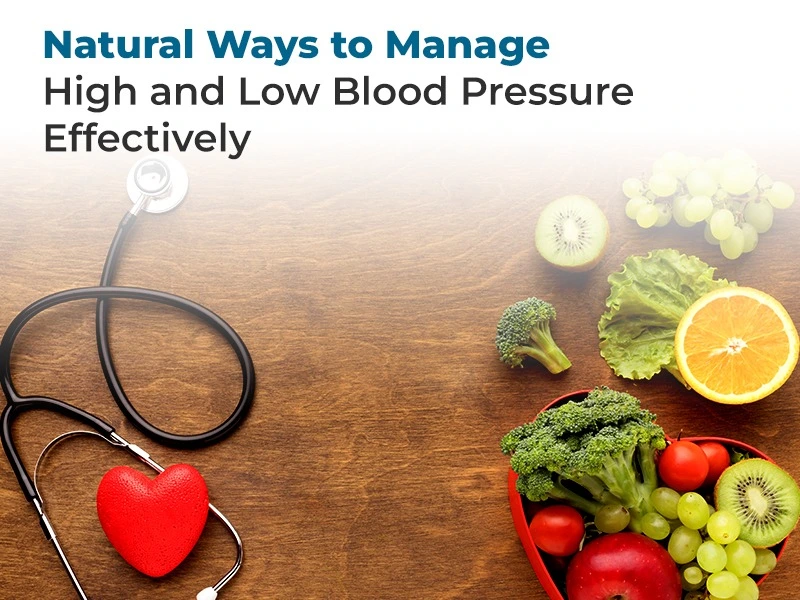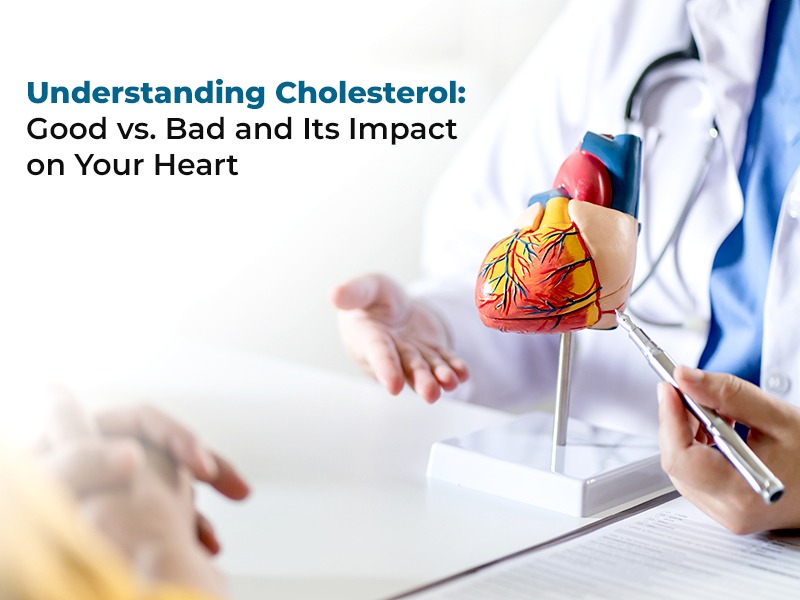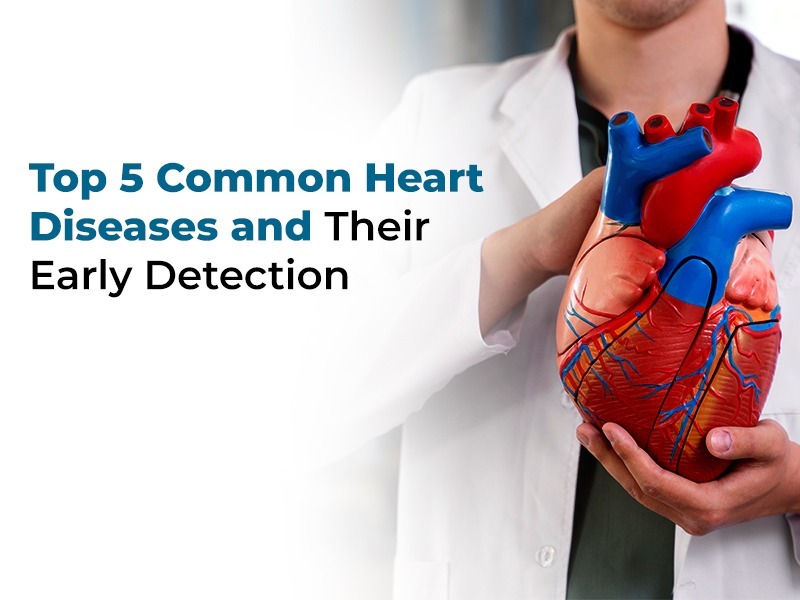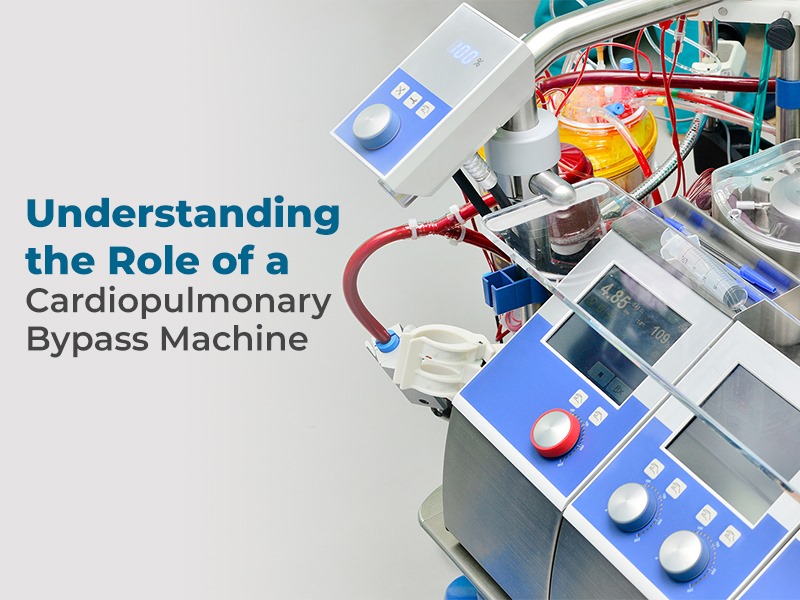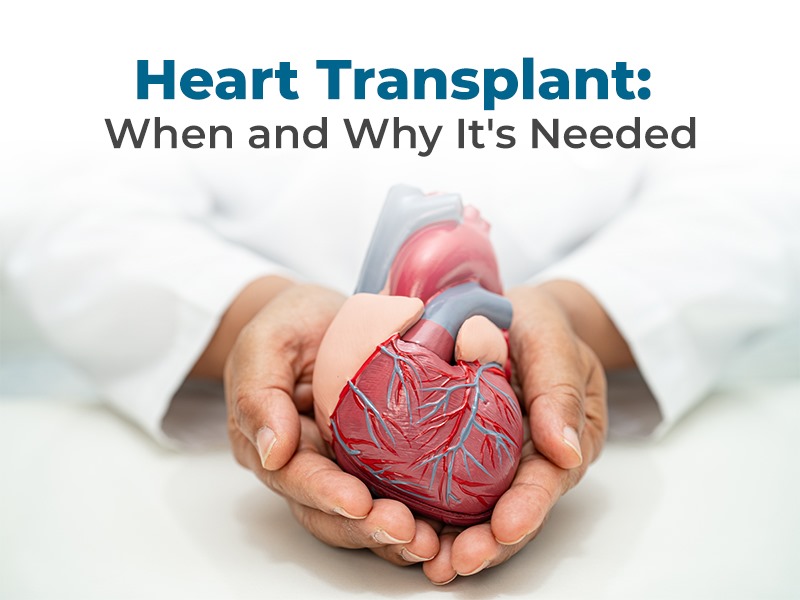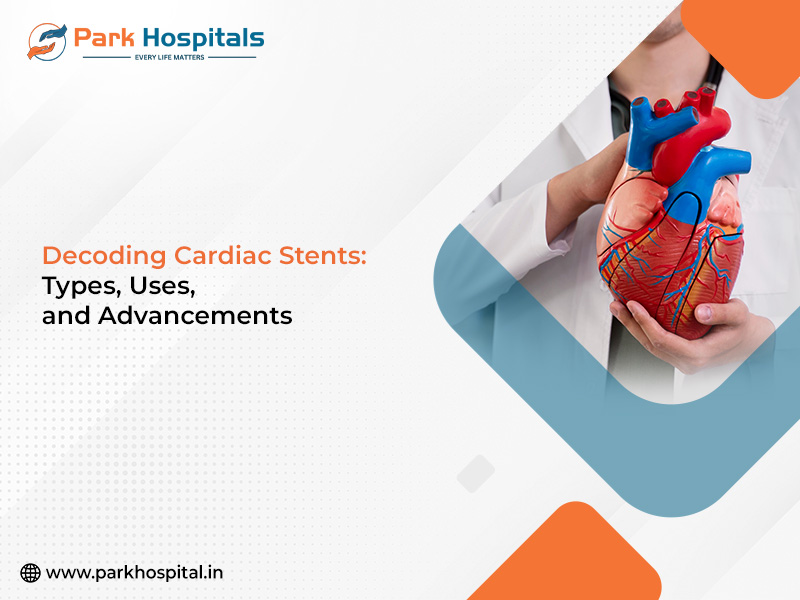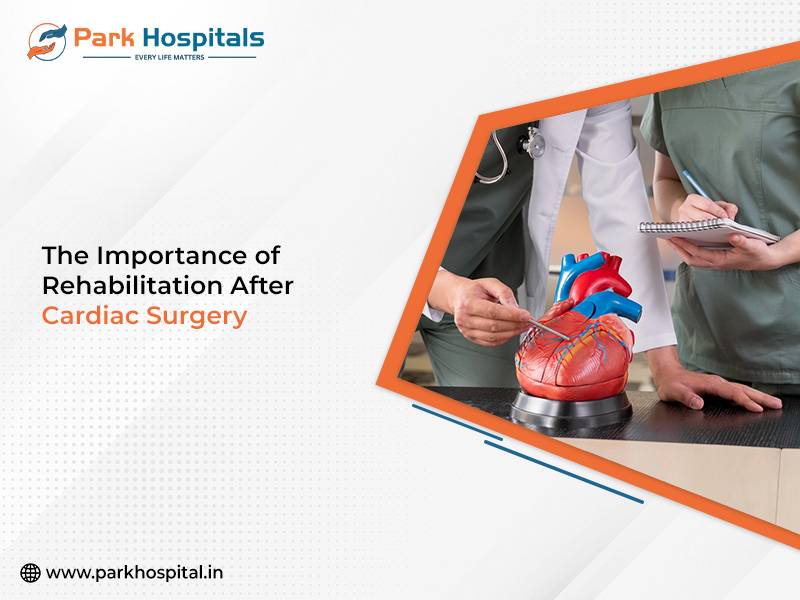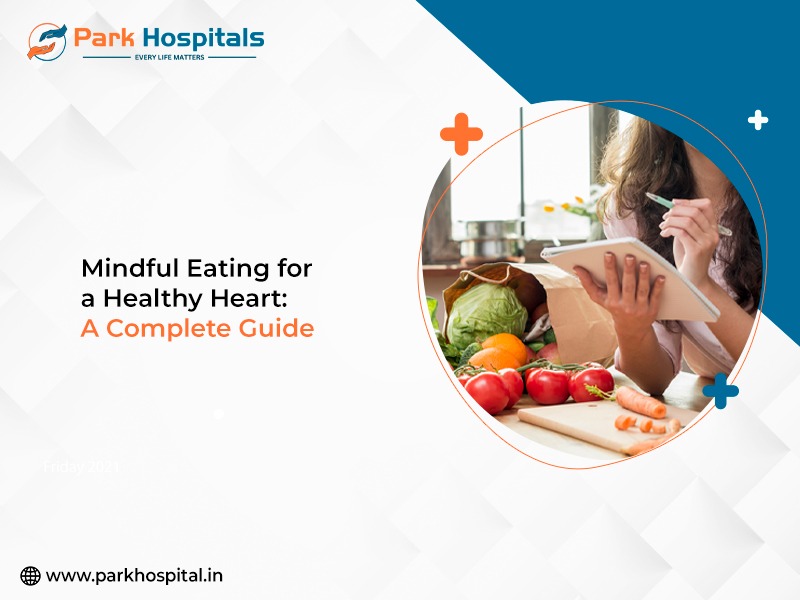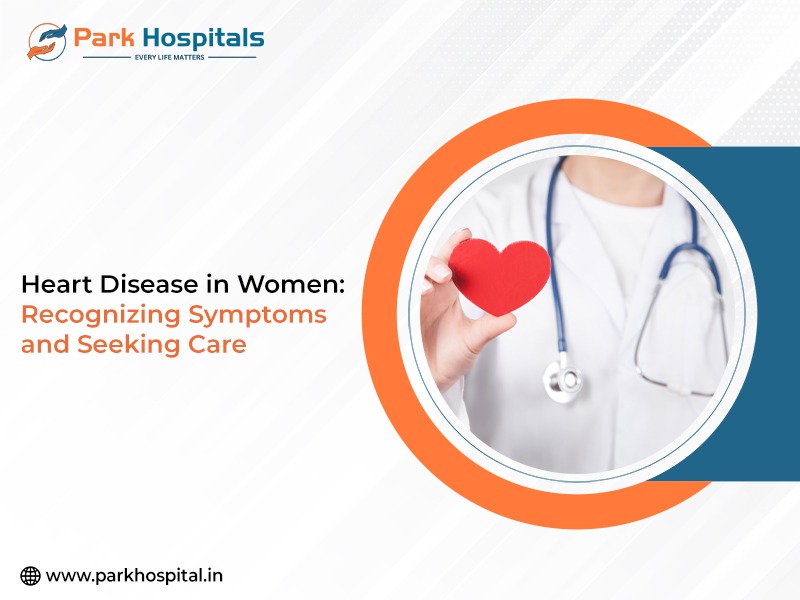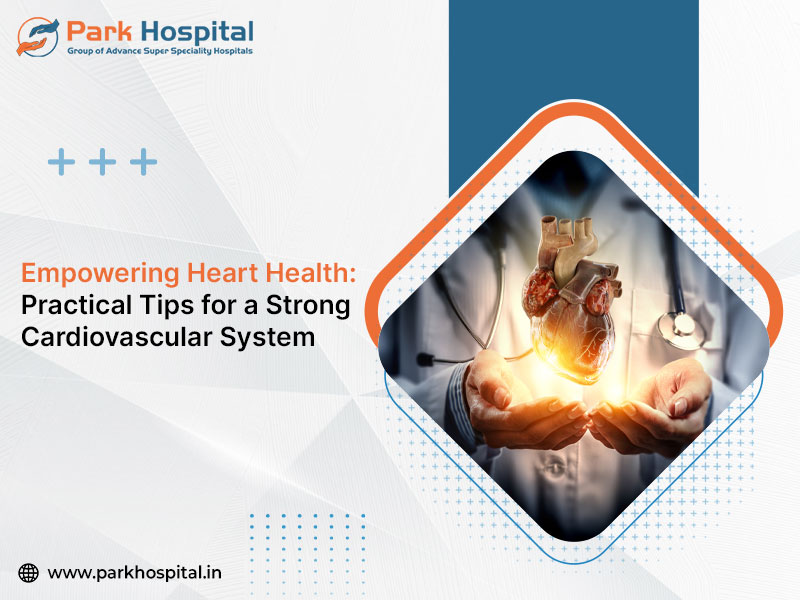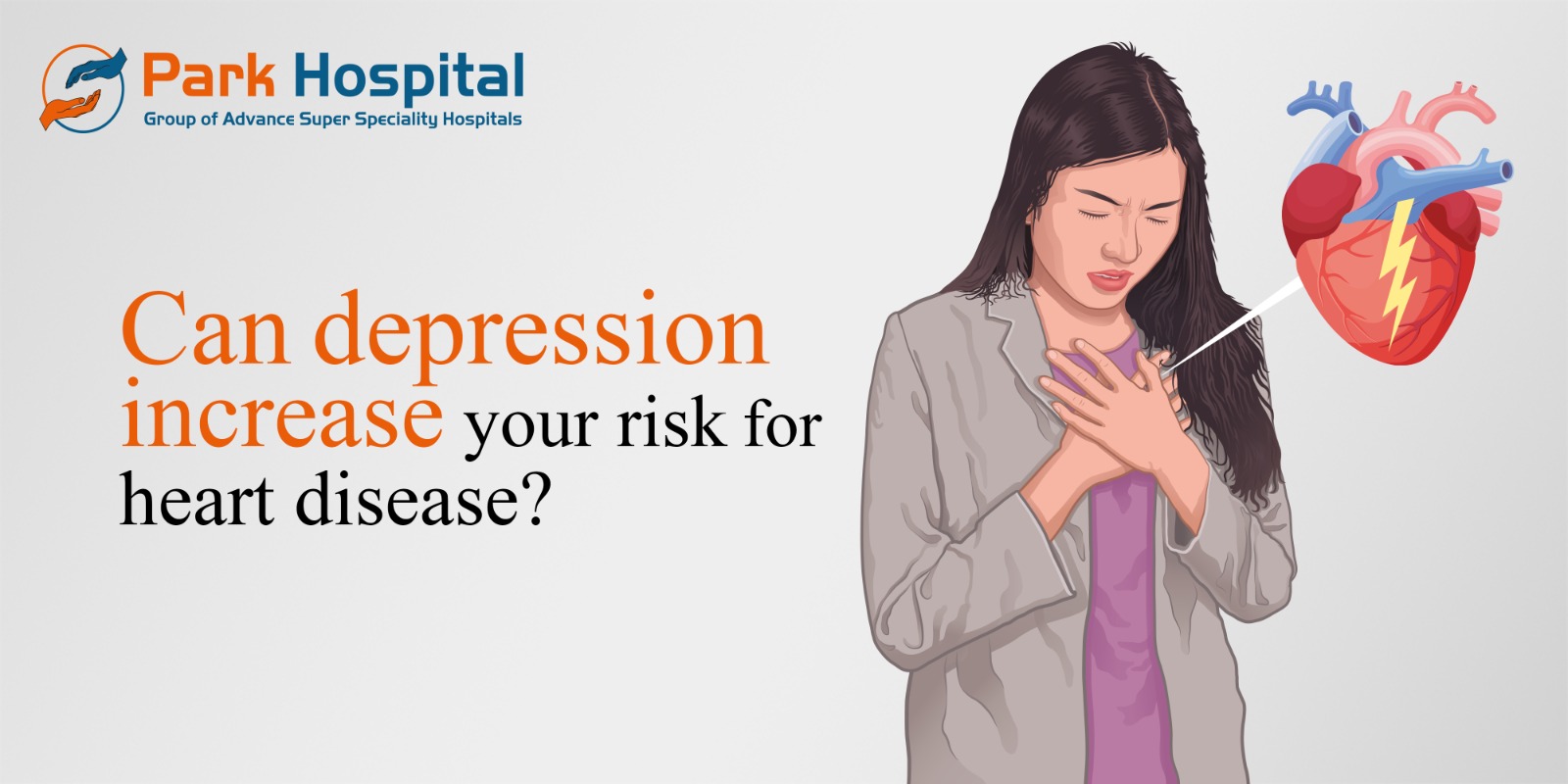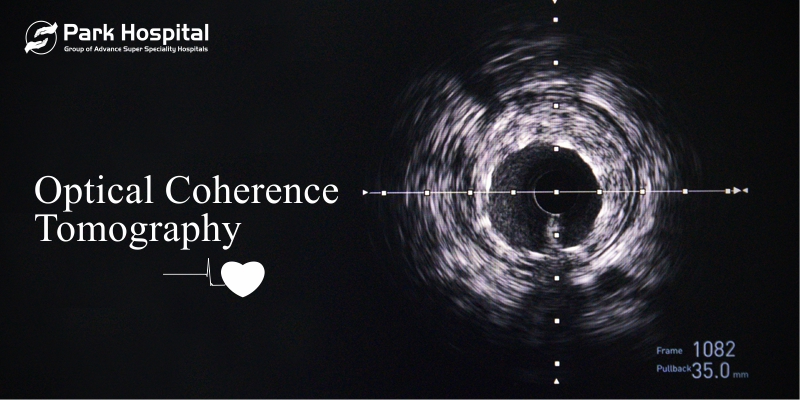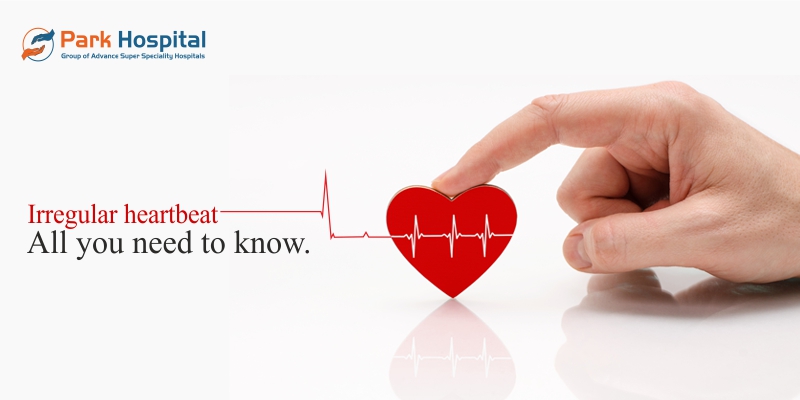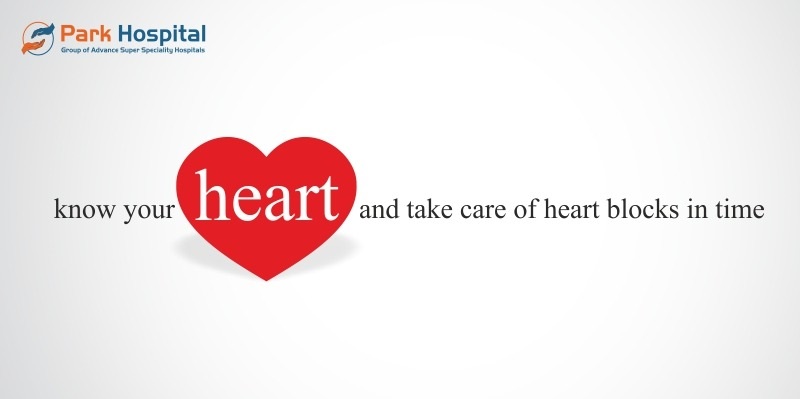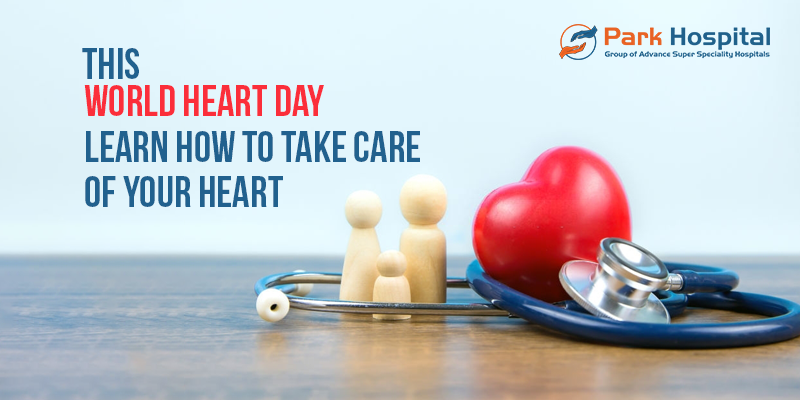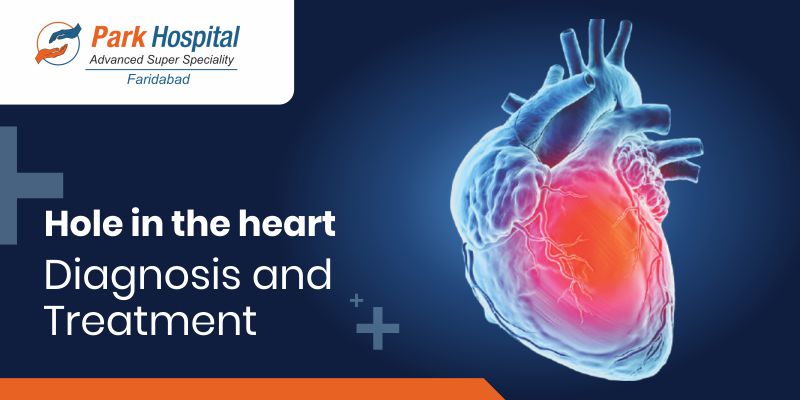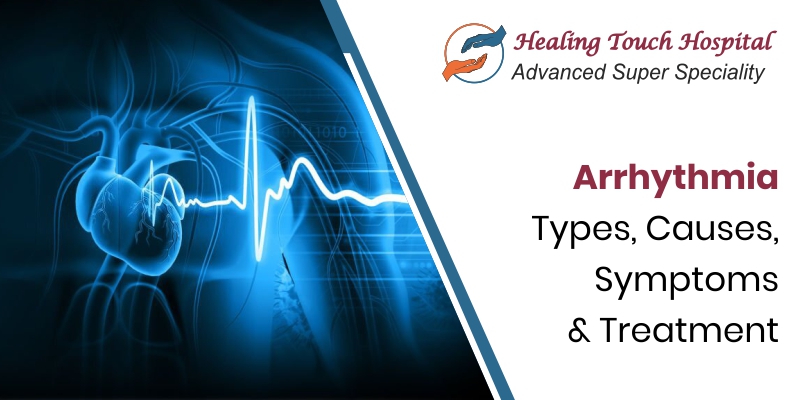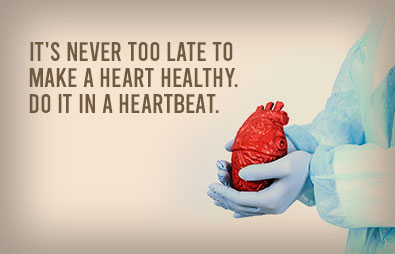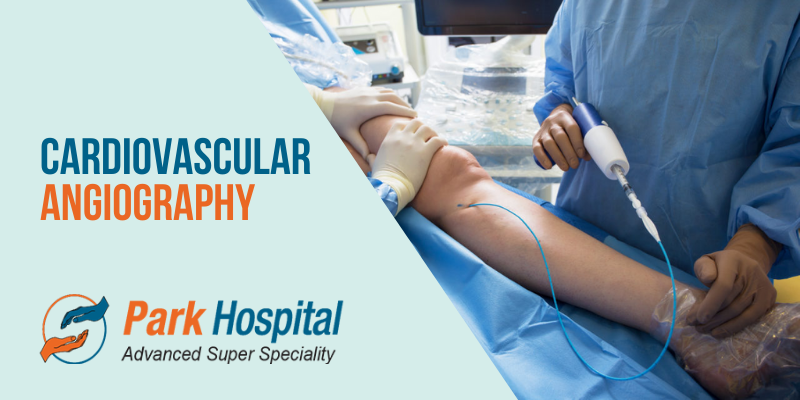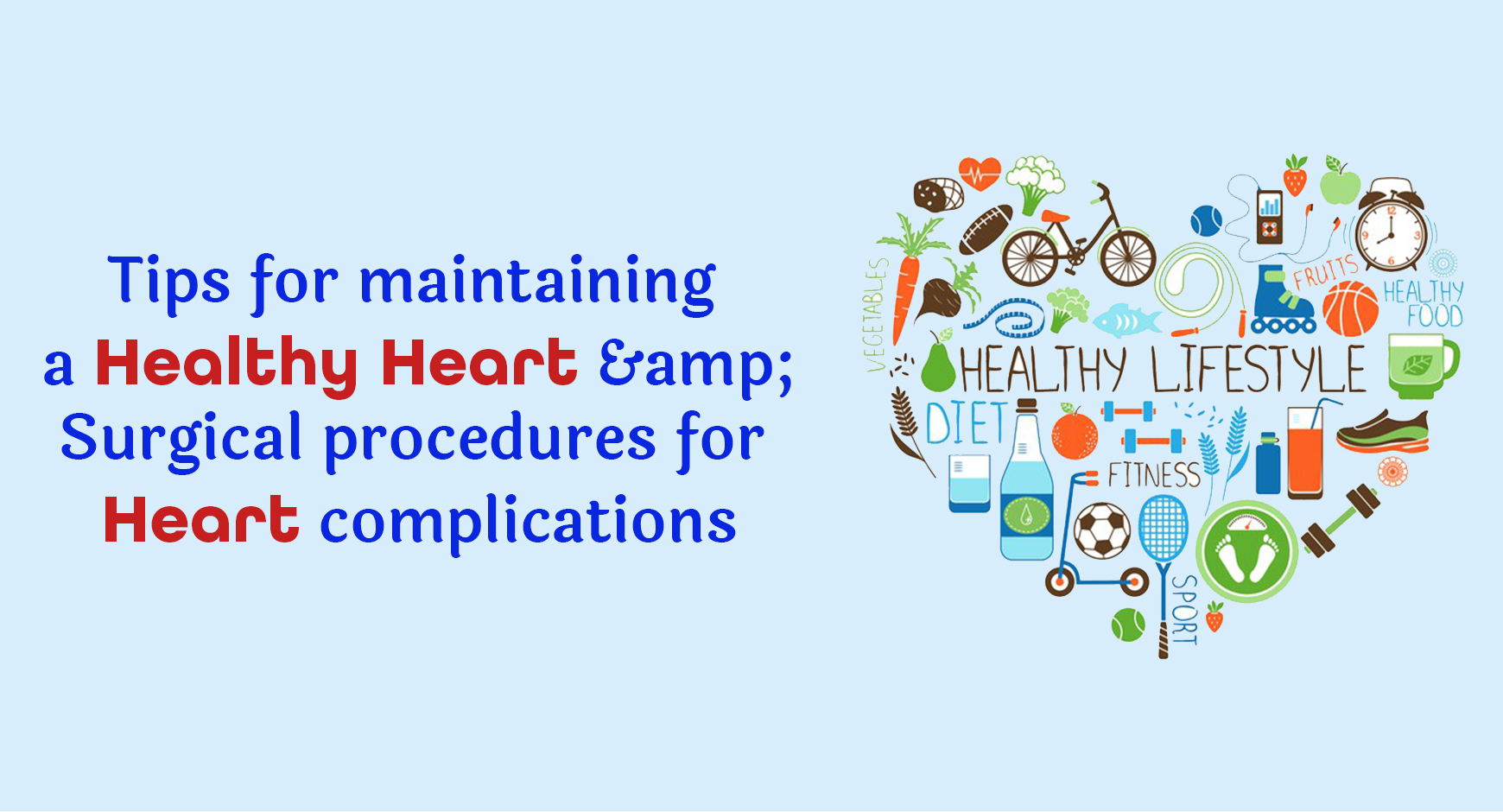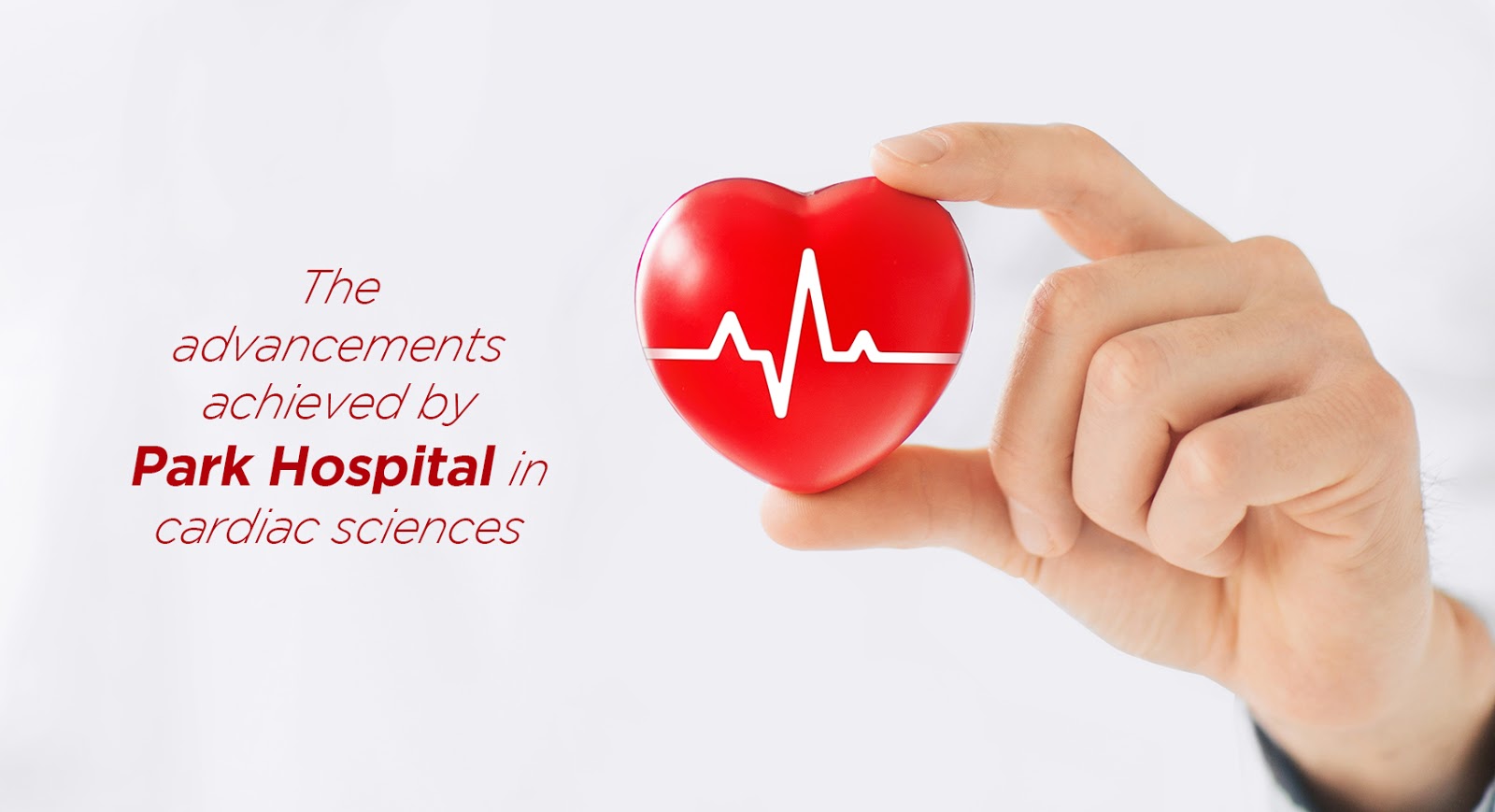It is important to follow a heart patient diet not only for recovery but also for lifelong heart health. Whether you are recovering from a cardiac event or trying to help control heart disease, hypertension, cholesterol, or blocked arteries, your food choices play an essential role in both the treatment and prevention of these conditions. A cardiologist-recommended diet can greatly reduce the risk of heart complications, assist with weight management, and improve general health.
Park Group of Hospitals is committed to providing cardiac care using a wholesome and integrative approach. Our expert cardiologists and dieticians collaborate to create meal plans that fit the condition, medical history and lifestyle of each patient. Our extensive experience in providing treatment for complicated cardiac cases allows us to provide evidence-based recommendations for the best diet for heart patients using modern medicine in combination with nutritious living.
Why Diet Matters for Heart Patients?
As a muscle, the heart is a dedicated organ that pumps blood without fail. But this very important organ is highly susceptible to our behaviour, especially how we eat. We can adversely affect our arteries by consuming saturated fats, salt, and sugar. Our lifestyle also plays a role in how our blood pressure, cholesterol, and therefore, our risk of heart attack and stroke are managed.
On the other hand, when we eat a cardiologist recommended diet, rich in fibre, antioxidants, lean proteins and healthy fat, we can avoid more damage and reverse the early stages of heart disease. The recommendations for heart patient diet must have an anti-inflammatory effect, nutritious, and easily digestible.
Key Principle of Heart Patient Diet
When structuring a diet plan for heart patients, it is important to follow a few golden rules:
● Low Sodium: Reduce salt intake to help control blood pressure.
● Low Saturated & Trans Fats: Avoid fried foods, butter, and red meats.
● High Fibre: Whole grains, fruits, and vegetables promote better heart function.
● Healthy Fats: Add nuts and seeds, avocados and olive oil in your diet.
● Lean Proteins: Focus on fish, legumes, and skinless poultry.
● Portion Control: Overeating strains the heart.
● Hydration: Keep water intake consistent and limit sugary drinks.
Best Food for Heart Patients
Here’s a breakdown of the best food for heart patients that should be staples in their diet:
1. Green Leafs: Spinach, kale, fenugreek, and other leafy greens are high in vitamins, minerals, and antioxidants. They are also a great source of dietary nitrates that help lower blood pressure and improve arterial function.
2. Whole grains: Oats, brown rice, whole wheat, and barley contain high levels of soluble fibre which help reduce LDL (bad cholesterol). Including them in the heart patient diet helps maintain steady blood sugar and energy levels.
3. Berries: Blueberries, strawberries, and raspberries are loaded with polyphenols and anthocyanins that reduce oxidative stress and inflammation, making them part of the best food for heart blockage patients.
4. Fatty fish: Types of fish that are good for heart disease include salmon, mackerel and sardines. These are beneficial because they provide omega-3 fatty acids that lower triglycerides, are associated with lowering blood pressure and help prevent arrhythmias.
5. Nuts & Seeds: Walnuts, almonds, flaxseeds, and chia seeds offer a plant-based source of healthy fats, fibre, and protein. They help reduce inflammation and promote heart healthy food choices.
6. Legumes: Beans, lentils, and chickpeas are full of plant-based protein and fibre, help in lowering the cholesterol and are ideal in the diet plan for heart patients looking to avoid red meat.
7. Avocados: Packed with monounsaturated fats and potassium, avocados are excellent for maintaining healthy cholesterol levels.
8. Olive oil: A staple of the Mediterranean diet, olive oil is rich in heart-protective antioxidants and is an ideal substitute for butter or refined oil.
9. Dark Chocolate: Flavonoids in dark chocolate can improve blood vessel function and lower the risk of heart disease, just make sure it’s at least 70% cocoa.
10. Green tea: Known for its antioxidant properties, green tea helps regulate blood pressure and cholesterol.
Foods to Avoid in a Heart Patient Diet
To maintain the effectiveness of the cardiologist recommended diet, the following foods should be eliminated or greatly reduced:
● Processed Meats: Sausages, bacon, and cold cuts contain much higher levels of salt and fats that are unhealthy.
● Sugary Drinks and Sweets: Foods that spike blood sugar and have a tendency to raise triglycerides.
● Refined Grains: Foods such as white rice and white bread that have no fibre can lead to raised blood sugar.
● Fried Foods: Contain trans fats that raise bad cholesterol.
● Full-Fat Dairy: This can be replaced with low-fat and plant based alternatives.
● Excessive Alcohol intake: Potential to raise the blood pressure and weaken the heart muscle.
Best Food for Heart Blockage Patient
The set of heart blockage patients will require a stricter diet and also be diagnosed as heart blockage patients. These patients are to make sure that they decrease inflammation and plaque:
● Go Plant-Based: Studies have shown plant-based diets can stop and even reverse arterial blockage.
● Avoid Red Meat: Even lean red meat can lead to plaque.
● Eat Antioxidants: Colourful fruits and vegetables can help in fighting the oxidative damage.
● Essential Fibres: Soluble fibre prevents cholesterol deposits in arteries.
● Choose Anti-Inflammatory Spices: Spices that are blood thinners and decrease inflammation like turmeric, garlic, ginger.
Sample One-Day Diet Plan for Heart Patients
Heart health can be maintained through a diet and lifestyle that are both balanced and satisfying. The secret to the best diet for heart patients lies in making small, thoughtful choices that nourish your heart while still satisfying your palate. If you're looking for a manageable, wholesome approach to eating, here’s a simple and realistic diet plan for heart patients, crafted with both love and science in mind.
Morning (7:00 AM): Wake-Up with Gentle Nourishment
Start your morning off with a glass of warm lemon water with chia seeds, a refreshing & hydrating drink that gives your body a gentle cleanse after a night of rest. Add a small handful of almonds or walnuts soaked overnight.
Breakfast (8:30 AM): A Comforting and Filling Start
Oats are one of the best foods for heart patients as they are rich in fibre and help to regulate cholesterol. You can prepare a warm bowl of oats with flax seeds and fresh berries on top. Have this with a cup of green tea or black coffee without sugar. This meal provides you energy to fuel your morning and also shields your heart from the inside out.
Mid-Morning Snack (11:00 AM): Light and Nutritious
If mid-morning hunger hits, grab a piece of a fresh apple or some pomegranate seeds. Complement with a small handful of roasted pumpkin seeds or sunflower seeds. These small bits are full of antioxidants and healthy fats that are part of the best diet for heart patients.
Lunch (1:00 PM): Wholesome and Balanced
Lunchtime is where you get to balance out your plate. Choose brown rice or millet roti as your grain. On the plate add a large portion of steamed vegetables, like carrots, beans or spinach that are high in fibre and nutrients. Complement it with a serving of either moong dal or masoor dal as they both are excellent sources of plant-based protein. Finally, do not forget to add a colourful salad with a little drizzle of olive oil. This can be considered as the gold standard in heart healthy food.
Evening Snack (4:00 PM): Light Yet Satisfying
Have a cup of warm herbal tea and 2 multigrain crackers. If you are a bit hungrier, then have an open avocado toast on whole grain bread. The good news is that avocado is a superstar of the best foods for heart patients.
Dinner (7:30 PM): Light and Heart-Smart
Dinner should be light on the stomach but heavy on nutrients. Grill a fish, like salmon, or use a plant-based protein like tofu. Serve it beside a pile of sautéed vegetables such as broccoli, carrots and beans, cooked with a little olive oil or dry roast spices. Serve with a side of quinoa, or a small roti made from whole wheat. It is easy to digest, and incredibly supportive of your heart.
Before Bed (9:30 PM): Soothing and Healing
Wrap up your day with a cup of warm turmeric milk. You could use either low-fat dairy or almond milk which are both low in burden on your heart. Turmeric provides powerful anti-inflammatory qualities and is a lovely, calming finish to your mindful eating day.
This simple and heart-friendly diet plan for heart patients does not just restrict unhealthy foods but it encourages adding nourishing, wholesome options that support heart health without taking away the pleasure of eating. The best diet for heart patients does not require perfection, just consistency. When meal-planning with the best food for heart patients, you are not just eating better, you are living better.
Your plate should now be your first prescription. Every bite can be a step towards a stronger heart and healthier you.
Cardiologist Insight on Heart Nutrition
Renowned cardiologists across the globe, including those at Park Group of Hospitals, emphasize that managing diet is as important as medication. According to them:
● Nutrition is medicine: Food should be seen as a long-term therapy, not just fuel.
● Consistency beats perfection: It's not about strict dieting, but consistent healthy choices.
● Balance is key: Moderation and balance are essential. Extreme restrictions can backfire.
● Lifestyle synergy: Diet, exercise, sleep, and stress management together support cardiac health.
Conclusions
The journey toward a healthier heart starts with what’s on your plate. Whether you are recovering from a cardiac event or trying to prevent one, a well-structured heart patient diet can significantly reduce your risk. The right food choices, supported by professional advice, can lead to improved heart function, better energy levels, and a more fulfilling life.
At Park Group of Hospitals, we believe that every meal is an opportunity to heal. Our dedicated team of cardiologists, dieticians, and wellness experts work hand in hand to guide you with the best diet for heart patients, personalized to your unique needs.
Start today, because a healthy heart begins at home.
FAQs
1. What does a heart patient diet typically consist of?
An ideal heart patient diet includes high-fibre foods like whole grains, legumes, and vegetables; lean proteins such as fish and lentils; and heart-healthy fats from nuts, seeds, and olive oil. Limiting salt, sugar, and saturated fats are also important for a heart patient. Staying hydrated and eating in moderation are also key components.
2. Which foods are harmful for patients with heart blockage, and what are safer alternatives?
Patients with heart blockage should steer clear of processed meats, fried foods, sugary snacks, refined carbs, and foods high in saturated or trans fats, as these contribute to plaque build-up and inflammation in the arteries. Safer alternatives include leafy greens, whole grains, legumes, fatty fish, and antioxidant-rich fruits like berries, which support artery health and better circulation.
3. Is it possible to manage or reverse heart disease through heart-healthy food alone?
While not a guaranteed cure, a strict and sustained cardiologist recommended diet can significantly slow down, and in some cases partially reverse, the effects of heart disease, especially when combined with exercise, stress management, and medication.
4. Are dairy products safe for heart patients?
Heart patients should limit full-fat dairy products. Choose low-fat or plant-based alternatives like almond or oat milk, which contain less saturated fat and are easier on the cardiovascular system.
5. What role does Park Group of Hospitals play in dietary management for heart patients?
At Park Group of Hospitals, diet planning is an essential part of comprehensive cardiac care. Our cardiologists and nutritionists collaborate to create personalized diet plans for heart patients, ensuring every meal supports heart health, recovery, and long-term wellness.

